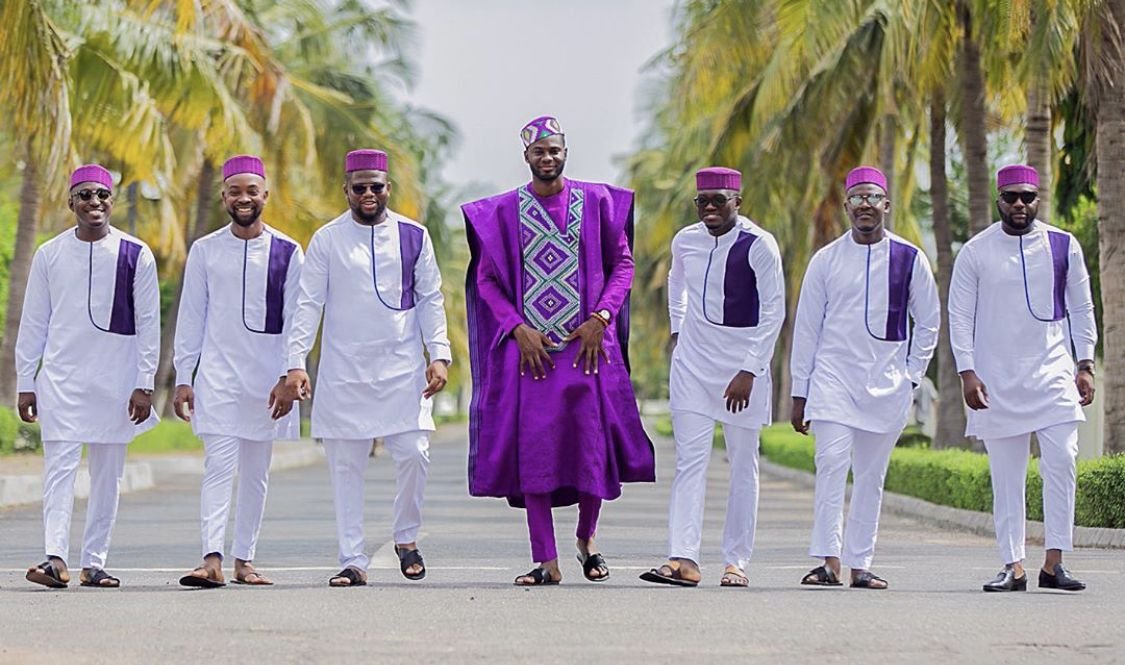When you cross borders, you’re not just stepping into new landscapes,you’re stepping into new codes of masculinity. How you carry yourself as a man, how you’re received by locals, and how hospitality plays out are all tied to cultural values that shape male identity. Some cultures measure masculinity by quiet confidence, others by financial generosity, and others by physical presence. For the traveling man, especially those coming from the West, understanding these unwritten rules is essential for being respected and welcomed.
Masculinity Is a Cultural Lens
In the West, masculinity often revolves around independence, individual success, and self-expression. A man’s worth is measured by how he handles his career, his ability to stand alone, and his confidence in asserting himself. But abroad, these same traits might be read differently. What looks like self-confidence in Los Angeles might be seen as arrogance in Tokyo, or as aloofness in Bogotá.
Hospitality, in particular, becomes a stage where men are “sized up.” Locals don’t just observe how you treat others; they also watch how you accept being treated.
- The Middle East: Generosity and Honor
In much of the Middle East, hospitality is deeply tied to masculinity. A man’s honor is reflected in his ability to host, feed, and protect a guest. As a foreigner, you may be invited to drink tea or share a meal. Refusing this hospitality isn’t a small matter,it can be read as a rejection of the man’s masculinity. Likewise, men who accept graciously, show respect, and sometimes reciprocate later are seen as honorable themselves.
Here, masculinity is less about personal expression and more about collective pride and reputation.
- Latin America: Warmth and Presence
In Latin America, masculinity,often called machismo is a blend of strength, charm, and social presence. Men are expected to be assertive but also warm, often leading in conversations and exuding confidence in group settings. Hospitality here means inclusion: being offered a seat at the table, being introduced to friends, being asked about your background.
Foreign men who come across as shy or too reserved may be sized up as weak, while those who overplay dominance may be seen as disrespectful. The balance lies in being personable, social, and confidently engaged without arrogance.
- East Asia: Respect and Composure
In Japan, Korea, and China, masculinity is often judged less by loud confidence and more by composure, discipline, and respect. Hospitality is subtle and ritualistic,pouring drinks for one another, offering gifts, or showing deference in conversation.
A man who interrupts too much or insists on “leading” may be sized up as lacking refinement. Here, masculinity is measured by control of emotions, words, and posture. Being polite, observant, and measured will earn you quiet respect.
- Eastern Europe: Strength and Reliability
In countries like Russia, Ukraine, and Poland, masculinity is traditionally tied to strength, reliability, and directness. Hospitality is generous,plenty of food, vodka, and long conversations,but there is also an expectation that men should “hold their own.” A foreign man who refuses to drink or who seems too fragile may be judged harshly.
At the same time, displaying arrogance or entitlement will get you cut off quickly. Respect is mutual: if you prove yourself dependable and strong-willed, you’ll be welcomed as one of their own.
- Africa: Community and Responsibility
Across much of Africa, masculinity is deeply connected to one’s role in the community. Hospitality is communal,you’re fed, introduced, and cared for because your presence reflects on the host’s honor and the group’s values. A man is sized up not just by how he carries himself, but by whether he respects elders, contributes positively to the group, and demonstrates responsibility.
In many cultures, masculinity here is tied less to independence and more to interdependence,how well you can integrate into the social fabric.
Lessons for the Traveling Man
If you’re moving through the world, understand this: masculinity is not a one-size-fits-all identity. It’s a cultural mirror, and the way you’re treated abroad will depend on how well you read and adapt to local expectations.
- Be observant: Watch how men interact with one another before asserting yourself.
- Respect hospitality: Accepting, appreciating, and reciprocating is a universal mark of respect.
- Balance confidence with humility: The wrong mix can make you seem arrogant or weak.
- Understand context: What’s masculine in New York may not carry weight in Nairobi or Belgrade.
Final Thought
Hospitality is often the test of masculinity abroad. How you’re welcomed, and how you respond, becomes a silent negotiation of respect between you and the culture you’ve entered. A wise traveler learns that masculinity is not just about standing tall,it’s about adapting, listening, and understanding how manhood is defined in the places where you land.













